Django 4 Masterclass: From Development To Deployment
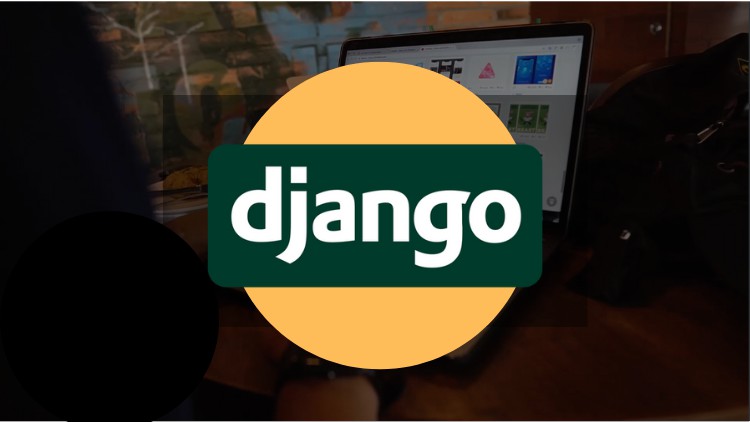
Why take this course?
Based on the comprehensive outline you've provided for the Django Full Stack Web Development course, it seems to cover a wide range of topics that are essential for anyone looking to become proficient in Django. Here's a summary of what learners can expect from each section:
-
Introduction to Python & Django
- Setting up Python and understanding its basics.
- Introduction to Django, its architecture, and installing it.
- Setting up the first Django project and app.
-
Understanding Django Models & Databases
- Designing database models in Django.
- Migrations and managing databases.
-
Django Views, URLs & Routing
- Creating views to handle request data and return responses.
- Setting up URL patterns and routing requests to the right views.
-
Templates & Dynamic Data
- Using templates to render dynamic HTML content.
- Passing context from views to templates.
-
Forms & QuerySets
- Creating forms for user input, handling POST requests, and validating form data.
- Using querysets for fetching, filtering, and ordering data in the database.
-
Advanced Model Techniques
- Exploring advanced database queries.
- Understanding related objects and leveraging them in views.
-
REST APIs & JSON Data
- Introduction to creating RESTful APIs with Django Rest Framework.
- Working with JSON data and understanding AJAX calls.
-
User Authentication
- Implementing user registration, login, and logout functionality.
- Securing parts of the app for registered users only.
-
Dynamic WAGTAails & Model Admin
- Exploring Django's admin interface with WAGTAils.
- Customizing the admin interface to suit the project needs.
-
Class Based Views
- Transitioning from function based views to class based views.
- Utilizing Django's built-in generic class based views.
-
Customising Admin Panel
- Adding custom functionality, fields, and actions in the Django admin.
-
Pagination & Search
- Implementing pagination for large datasets.
- Adding search functionality within the application.
-
Payment Gateway Integration (Stripe)
- Setting up a Stripe account and integrating it with the Django app.
- Designing payment flows to allow users to buy products using Stripe.
-
Deployment
- Introduction to Git and GitHub for version control.
- Deploying the application on a platform like DigitalOcean App Platform.
- Managing deployment workflows and setting up environment variables.
The course promises to be comprehensive, covering not just Django itself but also essential web development practices such as using Git for version control, deploying applications to production, and integrating with third-party services like Stripe. It seems to be designed for those who are new to Django as well as those looking to deepen their understanding of full-stack web development with Django.
Enrolling in this course would likely provide learners with a solid foundation in Django and the skills necessary to build robust, scalable web applications. If you're considering taking this course, it sounds like you'll be getting a thorough education on the topic.
Course Gallery
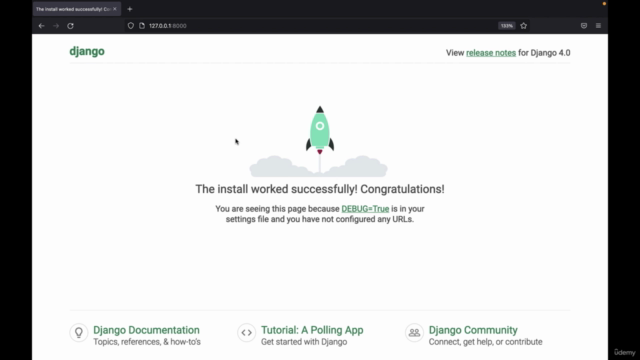
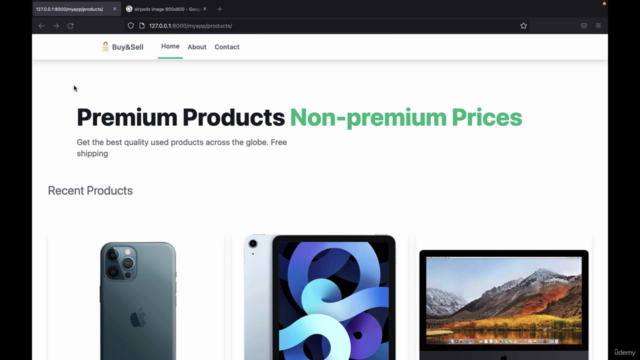
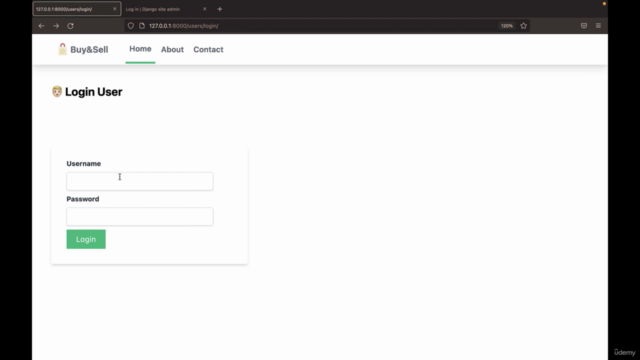
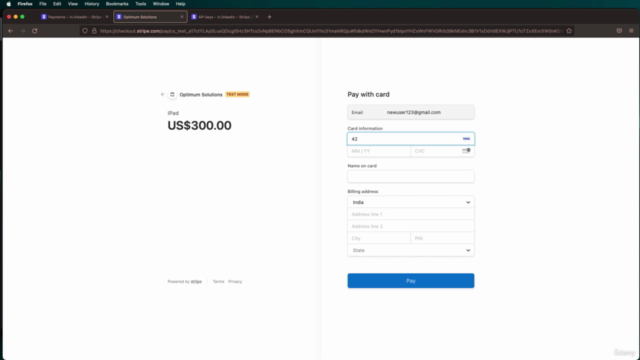
Loading charts...